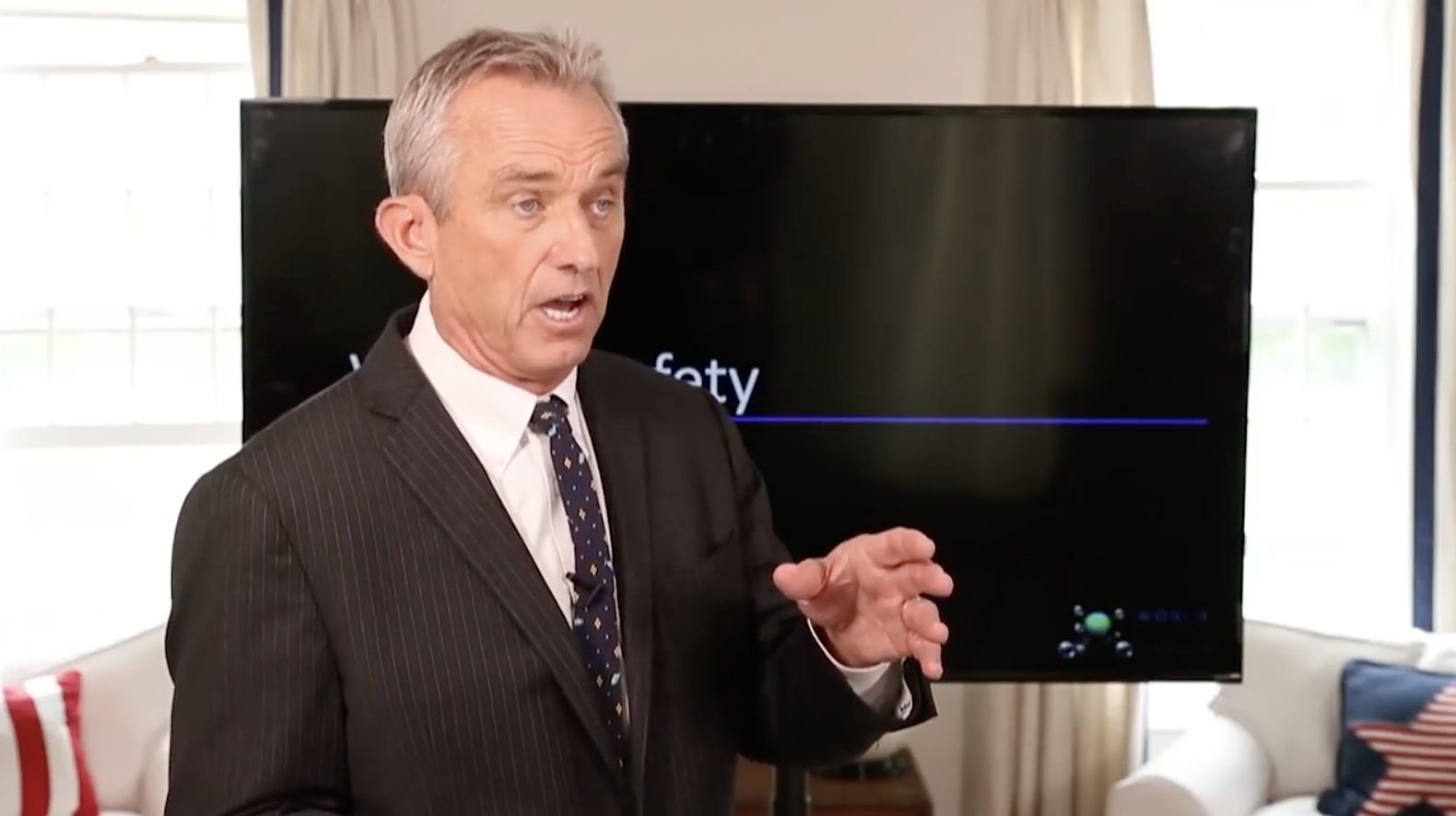Was Soundgarden lead singer killed by FDA-approved prescription drugs?
05/26/2017 / By Tracey Watson

Fans around the world were shocked and saddened earlier this month by the news that Chris Cornell, lead singer of 90s mega-band Soundgarden, had died at his own hand at the age of 52. Though a full autopsy report was not yet available in the days immediately following the event, the medical examiner was able to confirm that Cornell had committed suicide by hanging himself in his hotel room, after a concert at the MGM Grand hotel in Detroit. But why would a man with a successful career, loving wife and two beloved children choose to end his own life? Well, it would seem that there is more to this tragic story than initially meets the eye.
Cornell was at the forefront of Seattle’s 1990s grunge movement, along with Eddie Vedder of Pearl Jam, Layne Staley of Alice in Chains, and Kurt Cobain of Nirvana. He was one of the founding members of Soundgarden in 1984. The band became enormously successful, going on to be nominated for nine Grammy awards, winning two in 1995 for Black Hole Sun and Spoonman. The album Superunknown went platinum five times in the United States, and remains the band’s most successful album.
Soundgarden broke up in 1997, but Cornell continued making music both independently and as part of the supergroup Audioslave.
The death of this beloved musician has left the music world in shock.
“Chris’s death is a loss that escapes words and has created an emptiness in my heart that will never be filled,” said Cornell’s wife, Vicky. “As everyone who knew him commented, Chris was a devoted father and husband. He was my best friend.”
Cornell’s wife has suggested a possible reason for her husband’s inexplicable death: He was taking the prescription medication Ativan.
Ativan is part of a group of psychoactive drugs known as benzodiazepines. Commonly known as benzos, these drugs are formulated by fusing a benzene ring and a diazepine ring, and are among the world’s most commonly prescribed anti-anxiety medications. [RELATED: Psychotropic drug like Ativan have also been linked to mass shootings.]
Psychology Today reports that benzos carry a real risk of dependency, and with that risk comes the possibility of overdose and even death. While those with intense anxiety who use the drug find its hypnotic effects calming, many are unaware of its serious side effects, including “hallucinations, insomnia, psychosis, excitability, irritability, aggressive behavior, agitation, hostility, anxiety, vivid dreams, hyperactivity, organic disinhibition, depersonalization, apathy, excitement, feeling mad, illusion, nightmares, sleep disorders, suicide ideation and rage.”
Mrs. Cornell says that when she spoke to her husband before his concert he was calm and coherent, and they discussed plans for an upcoming vacation. When she spoke to him after the show, however, after he had taken Ativan, it was an entirely different story. Cornell was slurring his words, and when he told his wife that he had possibly taken more of the medication than he should have, she immediately requested that members of the security detail check on him.
Obviously, they were not quick enough to prevent the ensuing tragedy.
The Cornell family is upset about media reports stating that Chris “knowingly and intentionally took his own life.” They insist that if he did kill himself, he must have been unaware of what he was doing, and that either the Ativan or other drugs must have affected his actions.
Of course, Big Pharma will never admit any kind of responsibility for Cornell’s death, even though statistics show that between 2010 and 2014, more than 6,500 people died from drug overdoses involving benzodiazepines. In 2011 alone, 27.6 million prescriptions were handed out for Ativan in the United States, resulting in 36,675 people being rushed to the emergency room.
This time the victim was truly one of the legends of the musical industry.
Sources:
Tagged Under: Ativan, Benzodiazepines, Big Pharma, Chris Cornell, Soundgarden, suicide



















